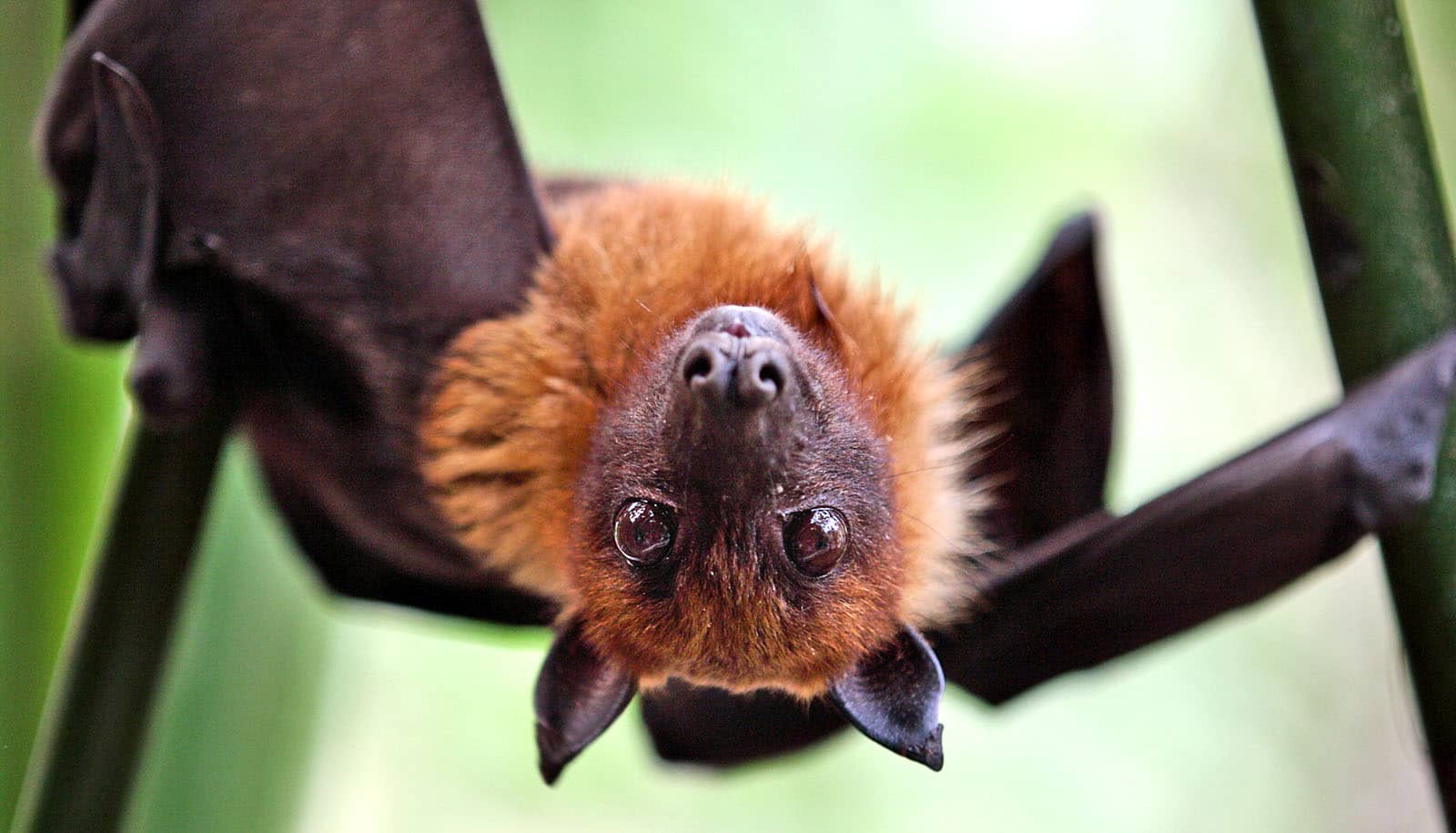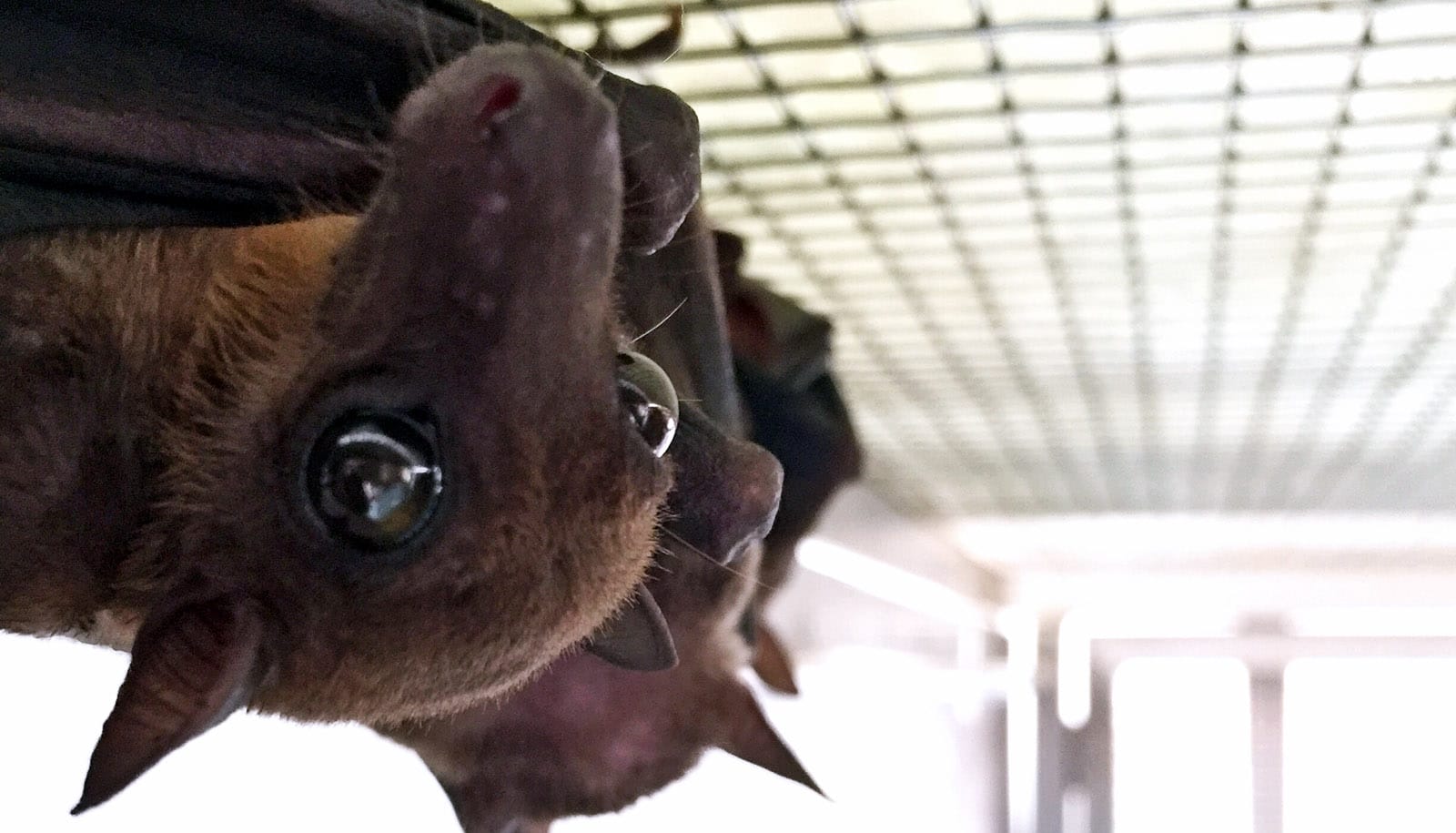A protein from bats shows promise for fighting inflammatory diseases in humans.
“Bats have attracted great attention as a likely reservoir of the SARS-CoV-2 virus responsible for the COVID-19 pandemic,” says Professor Wang Lin-Fa of the Duke-NUS Emerging Infectious Diseases (EID) Programme and senior author of the study in the journal Cell. “But this unique ability to host yet survive viral infections could also have a very positive impact on human health if we can understand and exploit how they achieve this.”
The research is focused on multi-protein complexes called inflammasomes that are responsible for the overactive inflammation that causes serious symptoms in many diseases. Inflammasomes are also implicated in functional decline in aging.
The researchers discovered that a bat protein called ASC2 has a powerful ability to inhibit inflammasomes, thereby limiting inflammation.
“This suggests that the high-level activity of ASC2 is a key mechanism by which bats keep inflammation under control, with implications for their long lifespan and unique status as a reservoir for viruses,” explains Matae Ahn, first author and co-corresponding author of the study and an adjunct research fellow with the EID Programme and the SingHealth Duke-NUS Medicine Academic Clinical Programme.
Vivian Chen, co-first author of the study and an MD-PhD candidate in Duke-NUS, highlighted that the team was able to demonstrate the potential for exploiting the powers of the bat protein in humans by showing it could also be effective in mice. She elaborates, “Expression of the bat protein in genetically-modified mice dampened inflammation and reduced the severity of the diseases driven by various triggers, including viruses.”
Examination of the ASC2 protein in detail identified four amino acids in the molecule that were key to making the bat protein more effective at dampening inflammation than its corresponding human protein. This provides valuable insight for the development of drugs that can mimic the anti-inflammatory effect of the bat protein.
The next step for the team is to investigate the potential of their findings for treating humans. “We have filed patents based on this work and are exploring commercial partnerships for drug discovery,” says Wang. “We are hoping to develop a new class of anti-inflammatory drugs for inflammasome-driven human diseases.”
Wang strongly believes that it is time to focus on the more promising aspects of what makes bats special “to help fight the human diseases of the future.”
Source: Duke-NUS



